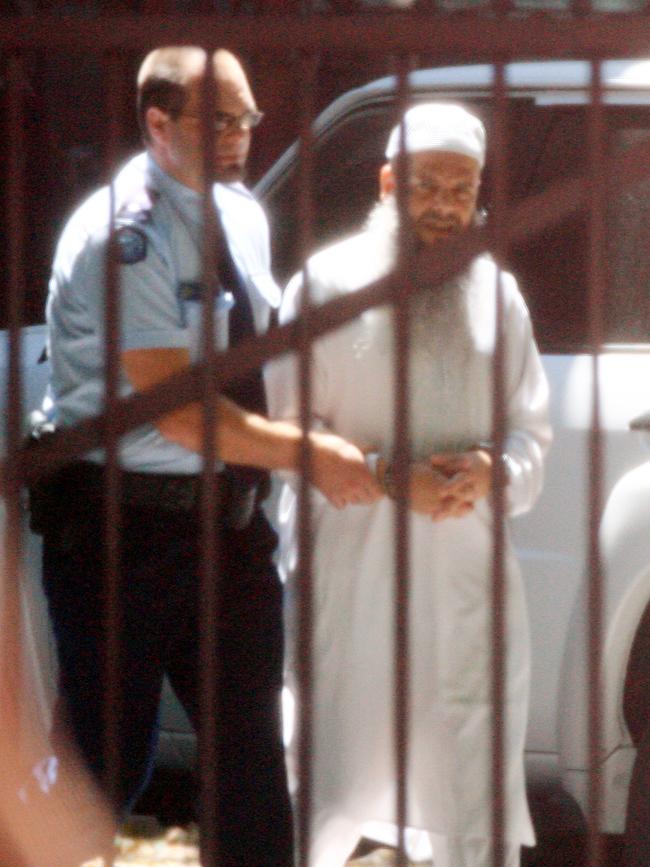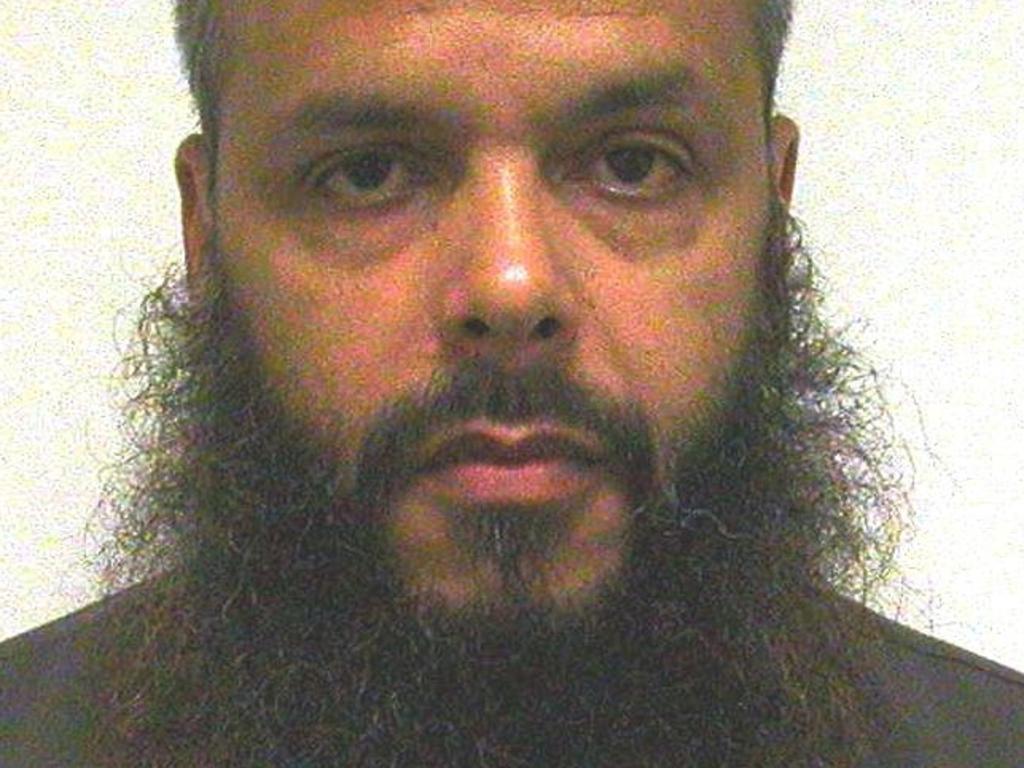Terrorist Abdul Nacer Benbrika wins High Court battle to restore citizenship
The notorious terrorist who was jailed for more than 15 years for plotting attacks on major Australian landmarks has won a High Court case to restore his Australian citizenship.

A High Court decision restoring the citizenship of notorious terror cell leader Abdul Nacer Benbrika will force Labor to create “foolproof” laws to ensure if citizenship cancellations continue they are only permitted by the courts, international relations experts say, as questions remain over whether the terrorist can be detained indefinitely.
Benbrika, who has spent more than 18 years behind bars for plotting attacks on Australian landmarks including the AFL grand final and the MCG, won his High Court challenge on Wednesday to restore his Australian citizenship, after it was cancelled by former Home Affairs minister Peter Dutton.
Mr Dutton cancelled his citizenship in 2020 under laws created by the Coalition that gave the minister powers to revoke a person’s citizenship if they acted in a way contrary to Australia’s national interests.
As part of his challenge, Benbrika argued the laws were not constitutional because they gave the minister powers that should only be exercised by the judiciary.
His lawyers said punishing criminal guilt was exclusively the responsibility of the courts and this responsibility was incorrectly given to the minister, as it encroached on the separation of powers.

Chief Justice Susan Kiefel, and judges Stephen Gageler, Jacqueline Gleeson and Jayne Jagot – who made up the majority – said parliament could not give ministers “any power to impose additional or further punishment on persons convicted ... of offences against commonwealth laws”.
They said the separation of powers outlined in the Constitution made the punishment of criminal conduct “exclusively judicial even if the punishment is separated from the adjudication of that criminal guilt”.
In a dissenting ruling, judge Simon Steward agreed with the commonwealth that it had “never been an essentially judicial function to make orders which denationalise a person”.
“The purpose of citizenship cancellation in this specific context is not to sanction proscribed conduct; the person is not being denied the benefits of citizenship as retribution for what they have done,” he wrote in his judgment. “Rather, cancellation of citizenship is a recognition that by extreme conduct that person has inexorably separated themselves from the people as a community and from Australia itself.”
Justice Steward added there was “no evidence before the court that Benbrika has, in any way, renounced his commitment to violent jihad and hence to terrorism”.
Born in Algeria, Benbrika moved to Australia in 1989 and became a citizen in 1998. He was a known supporter of al-Qa’ida founder Osama bin Laden.
The decision to restore Benbrika’s citizenship is expected to help define Australia’s new citizenship cessation laws, which have been in limbo after the High Court struck down Coalition-era laws last year.
Using the now defunct laws it introduced, the Coalition stripped citizenship under Section 36B of the Citizenship Act from Delil Alexander, a Turkish-Australian man accused of fighting for ISIS.
But, in a precedent case, the High Court found the Coalition’s laws were invalid because they involved the minister breaching the separation of powers by judging criminal guilt, which should be the responsibility of the courts alone.
While Benbrika’s case was different because it involved section 36D of the Citizenship Act, his lawyers relied on the Alexander case to argue there is a similar, unacceptable breach of the separation of powers at play.

The Albanese government has promised “tough new laws” to return to the courts the power to decide if a dual citizen should lose their Australian citizenship over terrorism conduct or a terrorism conviction.
Middle East analyst and former Lowy Institute non-resident fellow Rodger Shanahan on Wednesday told The Australian the government was likely waiting for the High Court to hand down the decision, before handing citizenship-stripping powers to the courts.
“They would go ahead with making the legislation better than what the Coalition government had done in power,” he said.
“They’ve got to make it in accordance with what the High Court is going to do, and it’s been pretty clear about where they say is the division of responsibilities, and they say the courts must play a part in the stripping of citizenship, if that’s what they want to do.”







